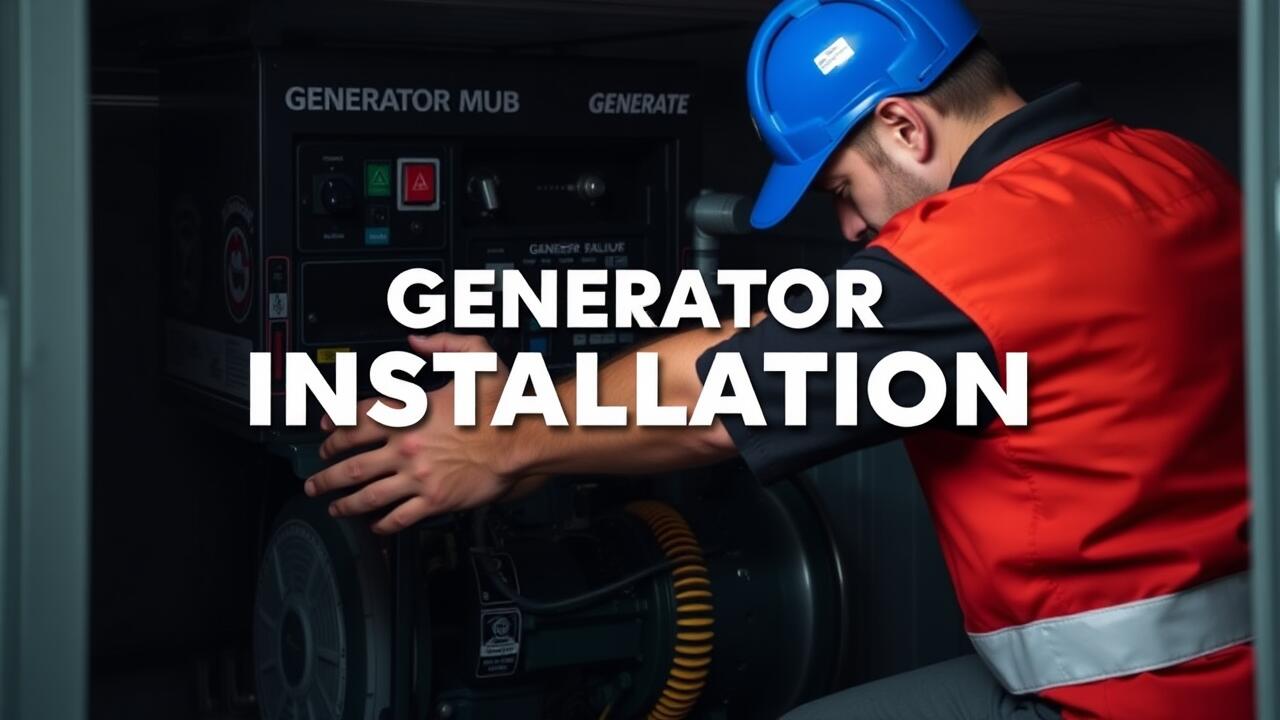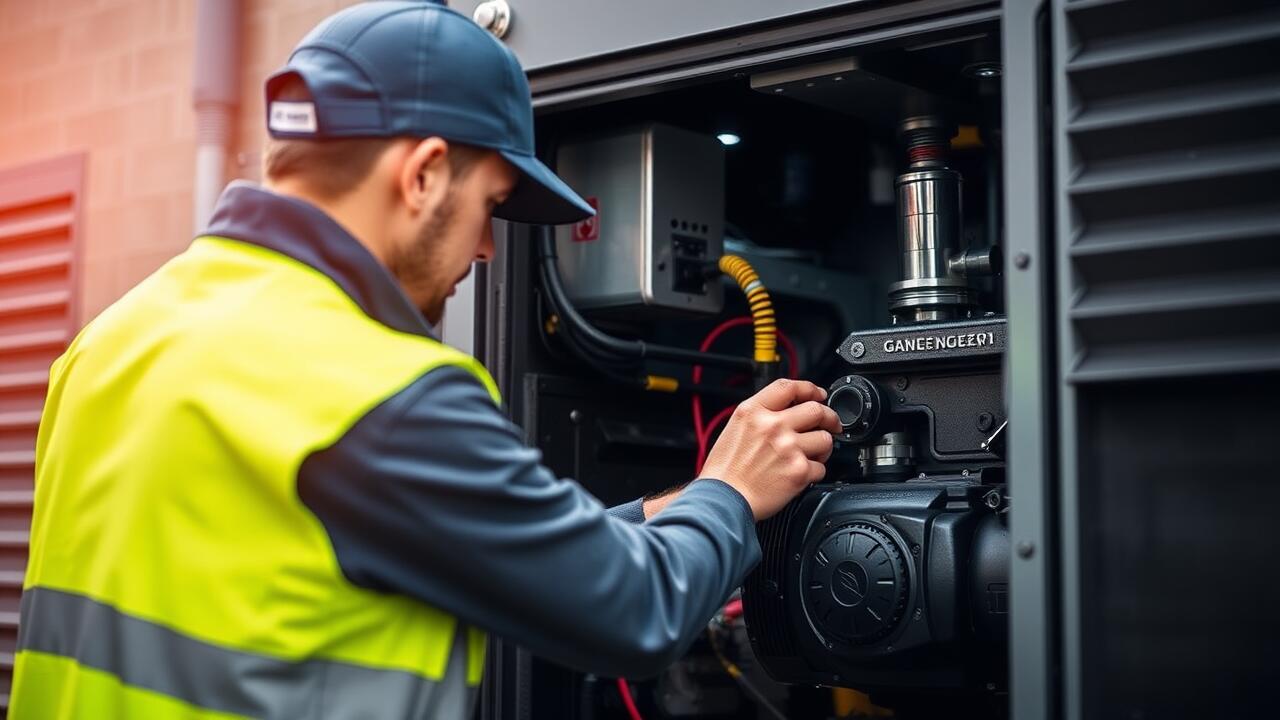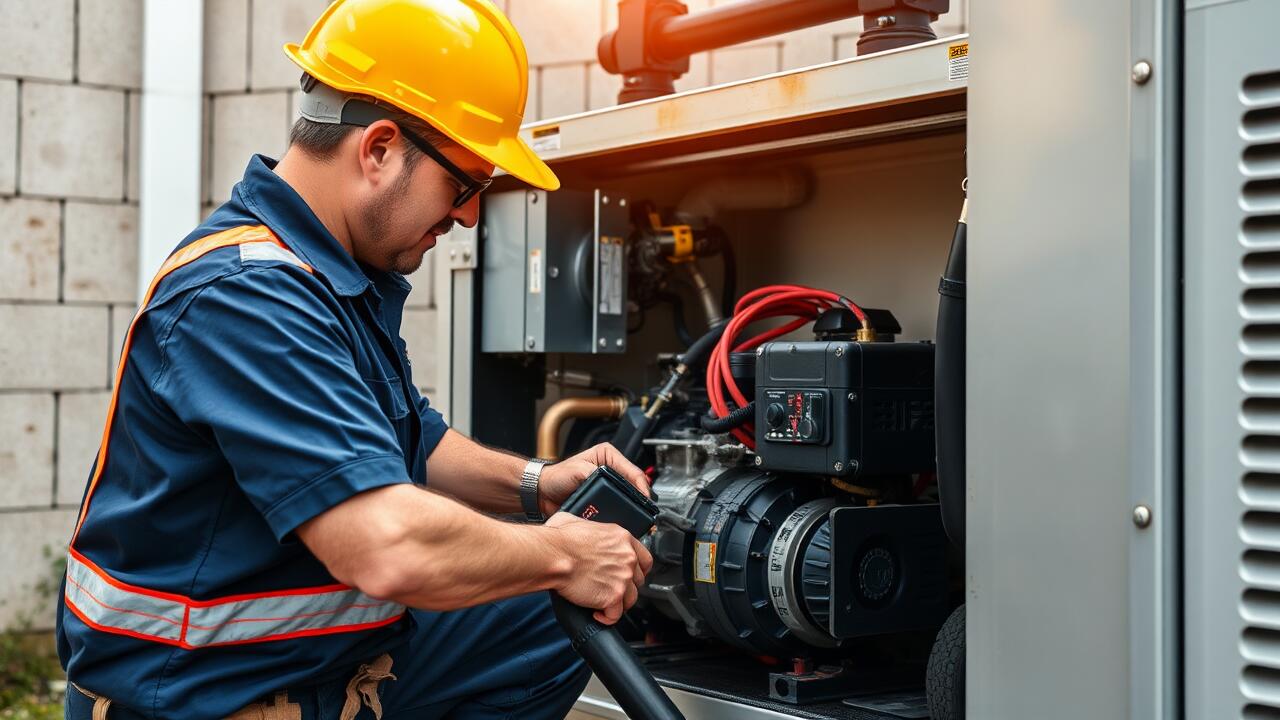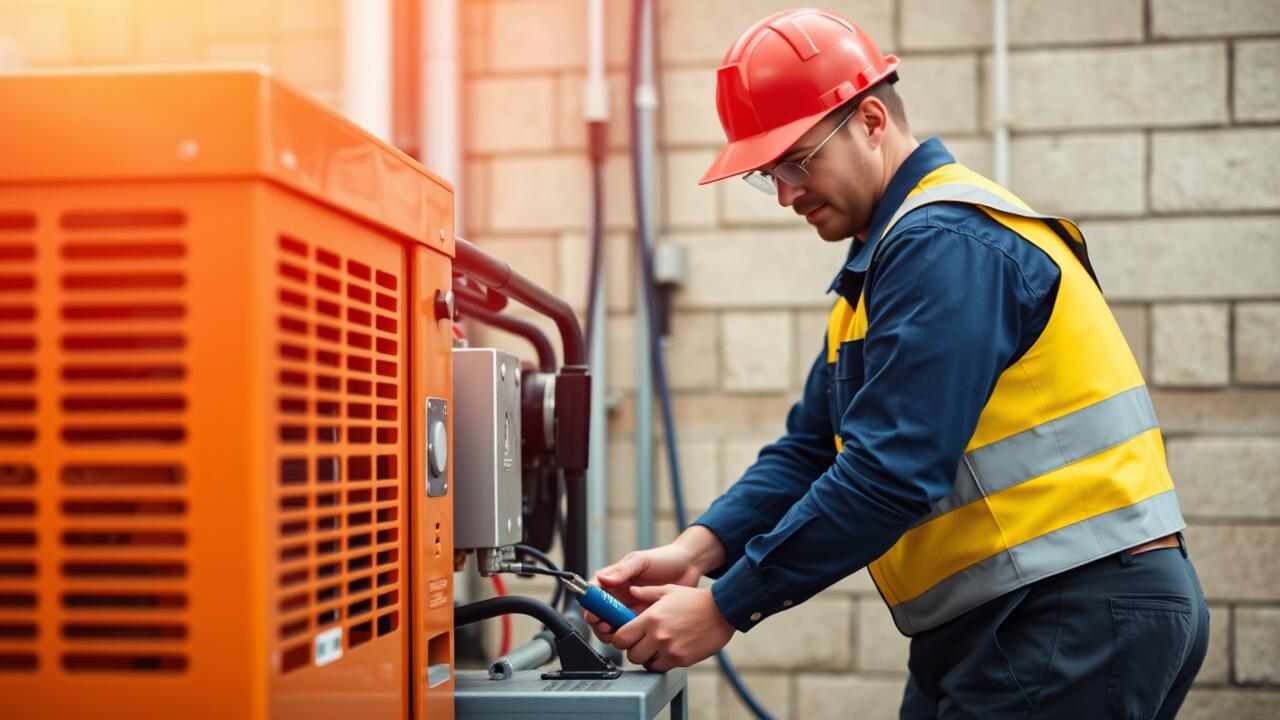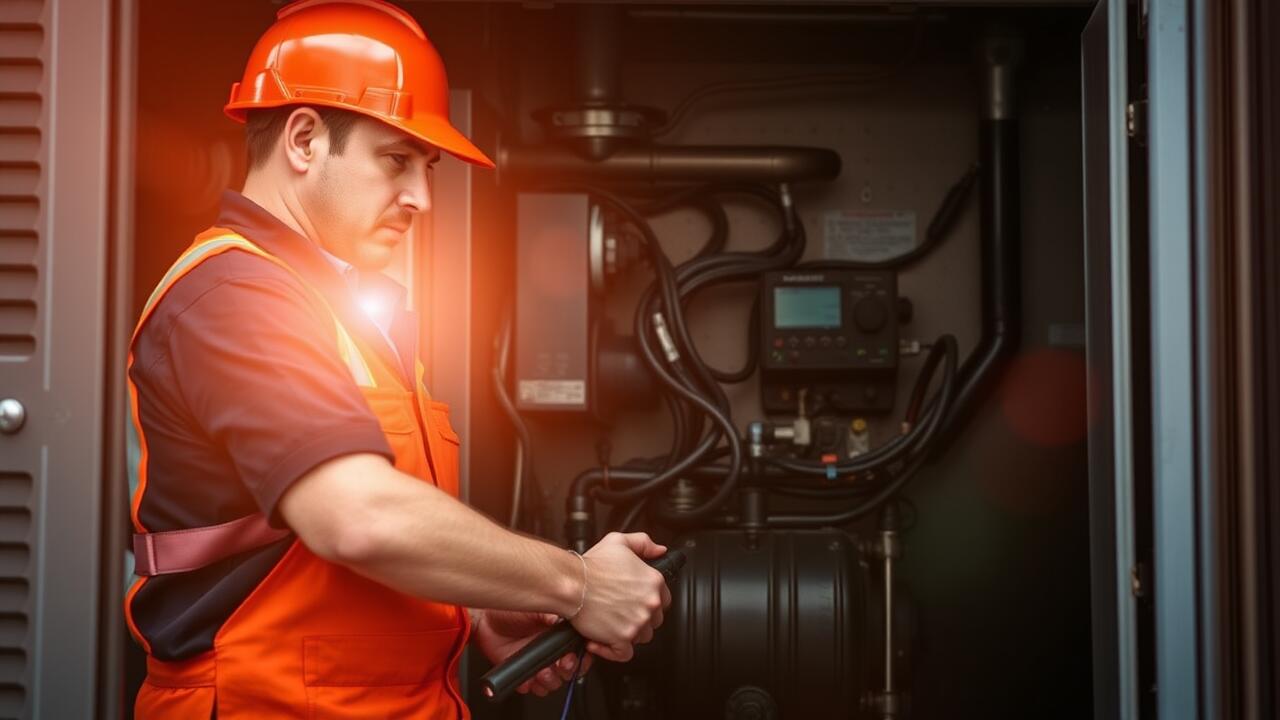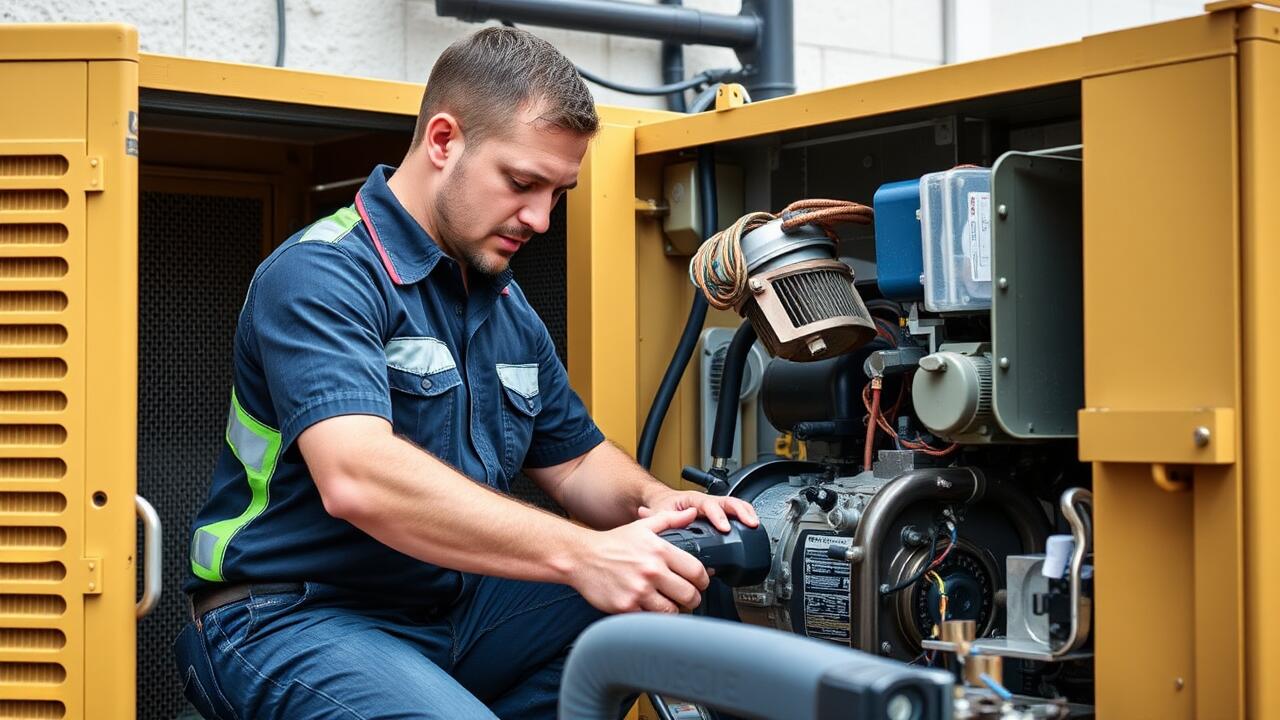
Local Codes and Regulations
Before proceeding with a home generator installation, it is crucial to familiarize yourself with the local codes and regulations that apply in your area. Different municipalities may have specific requirements regarding the installation of generators, including details on permits, clearances, and environmental considerations. Following these regulations helps ensure not only compliance but also safe operation of the generator. In Alief, Houston, for instance, local ordinances may dictate certain guidelines for generator placement and exhaust management.
Homeowners should consult with the appropriate local authorities or a qualified contractor familiar with Generator Installation in Alief, Houston, to secure the necessary permits and approvals. This step prevents potential fines or issues during inspections. Understanding these requirements before beginning the installation process can save time and ensure that the generator operates within the legal framework set by local laws.
Importance of Complying with Safety Standards
When installing a home generator, adhering to safety standards is crucial. Local codes provide specific guidelines designed to ensure the safe and efficient operation of generators. Compliance with these regulations can prevent accidents and mitigate risks associated with carbon monoxide buildup, electrical hazards, and improper installation. Owners should always check with local authorities to confirm that their generator installation meets all necessary requirements.
Generator Installation in Alief, Houston, should be undertaken with particular attention to these safety considerations. Proper installation ensures that the generator functions effectively without posing risks to the property or its occupants. Ignoring safety standards can lead to significant consequences, potentially endangering lives and property. Staying informed about safety regulations is not only a legal obligation but also a responsible choice for homeowners.
Choosing the Right Location for Your Generator
Selecting the appropriate location for your generator is essential for optimal performance and safety. The site should be on stable, level ground and away from any potential obstructions. Ensure that the area is well-ventilated to prevent overheating and exhaust buildup. Keeping the generator at least five feet away from windows, doors, and air intake vents is advisable to minimize noise and adhere to safety guidelines. Proper spacing from trees and shrubs helps avoid damage and maintains airflow, contributing to the unit’s longevity.
When considering Generator Installation in Clear Lake City, Houston, it is also important to evaluate accessibility for maintenance and fuel replenishment. The generator should be easily reachable for regular check-ups and repairs. Choosing a location that is not prone to flooding or standing water can further protect the unit from damage. Planning for proper drainage away from the generator will ensure its functionality during adverse weather conditions. Taking these factors into account will help secure an efficient and durable setup for your home backup power system.
Factors to Consider for Placement
When considering the placement of a home generator, it's essential to prioritize safety and accessibility. Generators should be positioned outside the home to prevent carbon monoxide buildup. The distance from doors, windows, and air intake vents is critical to avoid unsafe fumes entering the living space. Local weather conditions, such as potential flooding or heavy winds, also impact this decision. For those looking at Generator Installation in Alief, Houston, understanding the area’s climate can guide the placement to ensure resilience against harsh weather.
Another significant factor is ensuring sufficient clearance around the generator for ventilation and servicing. Generators require adequate airflow to operate efficiently. Additionally, easy access for maintenance is vital to ensure that service technicians can reach the unit without any obstacles. Considering noise levels is also important, especially in residential areas where loud sounds could disturb neighbors. Proper placement can mitigate noise issues while enhancing the generator's overall functionality and longevity.
Maintenance Considerations
Regular maintenance is essential for ensuring the longevity and reliability of your generator. Schedule routine inspections to assess its condition and check for any signs of wear or damage. Keep the fuel supply clean and ensure that the air filters are replaced as needed. Proper maintenance not only enhances performance but also reduces the risk of malfunctions during an emergency. For those considering Generator Installation in Alief, Houston, understanding local maintenance services can help you find reliable support.
Additionally, familiarize yourself with the manufacturer's guidelines regarding maintenance frequencies and specific tasks. Typical maintenance may include oil changes, battery checks, and cleanings of both internal and external components. Keeping a maintenance log can help track completed services and provide a reference for any future issues. Establishing a strong maintenance routine is as important as the initial installation and will contribute to the overall efficiency of the generator.
Keeping Your Generator in Optimal Condition
Regular maintenance is crucial for ensuring that your home generator operates efficiently when needed. Scheduling routine inspections can help identify potential issues before they become major problems. Keeping the generator clean, checking oil levels, and replacing filters and spark plugs contribute to optimal performance. For residents in Alief, Houston, finding reliable services for these tasks, including Generator Installation in Alief, Houston, can simplify the maintenance process.
Testing the generator periodically is vital in maintaining its functionality. This includes running the unit under load to ensure it operates as expected. Additionally, storing fuel properly and using stabilizers can prevent fuel-related issues that may arise during extended periods of inactivity. By prioritizing these maintenance practices, homeowners can reduce the risk of unexpected failures during power outages, keeping their homes safe and powered.
FAQS
Who is qualified to install a home generator?
Home generators should be installed by licensed electricians or professionals who are experienced in generator installation and familiar with local codes and regulations.
What local codes should I be aware of when installing a generator?
Local codes can vary widely, but they often dictate installation procedures, clearances, and safety standards. It's crucial to check with your local building department or a qualified electrician to ensure compliance.
Why is it important to comply with safety standards during installation?
Complying with safety standards ensures that the generator operates safely, reduces the risk of fire or carbon monoxide poisoning, and helps prevent damage to your home and the generator itself.
What factors should I consider when choosing the location for my generator?
Important factors include the proximity to your home’s electrical panel, accessibility for maintenance, adequate ventilation, distance from windows and doors, and compliance with local regulations.
How can I maintain my generator to ensure it stays in optimal condition?
Regular maintenance includes routine inspections, changing the oil, replacing air and fuel filters, testing the battery, and running the generator periodically to ensure it functions correctly. It's advisable to follow the manufacturer's maintenance schedule.
